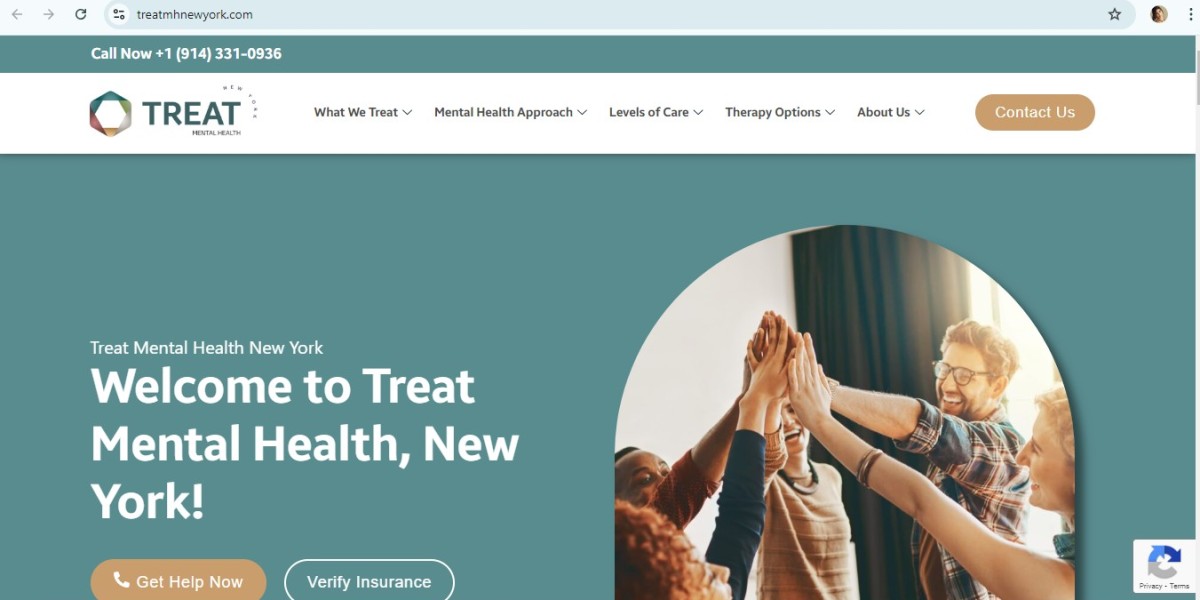Mental health is an essential aspect of overall well-being, and in a bustling, high-paced environment like New York, the importance of accessible, effective mental health care cannot be overstated. Whether you're dealing with anxiety, depression, stress, or other mental health challenges, understanding the landscape of mental health treatment in New York can help you find the care you need.
1. Diverse Treatment Options
New York offers a wide array of mental health treatment options, ranging from traditional therapy to innovative and specialized services. Some of the most common forms of treatment include:
- Psychotherapy: Also known as talk therapy, psychotherapy is the most widely used form of treatment. Therapists in New York are well-trained in various modalities, including Cognitive Behavioral Therapy (CBT), Dialectical Behavior Therapy (DBT), and psychoanalysis. These methods can be tailored to individual needs, providing personalized care.
- Medication Management: For those who require medication, psychiatrists in New York offer comprehensive evaluations and ongoing management. This can include medications for depression, anxiety, bipolar disorder, and other mental health conditions.
- Inpatient and Outpatient Programs: New York is home to several leading mental health hospitals and clinics that offer both inpatient and outpatient treatment options. Inpatient programs provide intensive, round-the-clock care, while outpatient programs offer flexibility for those who need treatment while maintaining daily responsibilities.
- Specialized Care: There are numerous specialized services available, including those for trauma, eating disorders, addiction, and more. These services are often provided by experts in the field who can offer targeted treatment.
2. Accessibility and Affordability
While New York is rich in mental health resources, accessibility and affordability remain significant concerns for many residents. However, several initiatives and programs are in place to help:
- Public Health Services: The New York City Department of Health and Mental Hygiene offers a range of mental health services, often at low or no cost. These services are available to all residents, regardless of income or insurance status.
- Sliding Scale Fees: Many private therapists and clinics offer sliding scale fees based on income, making therapy more affordable for those with limited financial resources.
- Insurance Coverage: Thanks to New York's strong mental health parity laws, most insurance plans are required to cover mental health services at the same level as physical health services. This means that many residents can access therapy and medication through their insurance plans.
3. Community Resources and Support Groups
In addition to formal treatment options, New York has a thriving network of community resources and support groups. These can provide invaluable support, especially for those dealing with specific challenges like grief, addiction, or chronic mental health conditions.
- Support Groups: Organizations such as the National Alliance on Mental Illness (NAMI) and Mental Health America offer peer-led support groups throughout the city. These groups provide a safe space to share experiences and receive support from others who understand what you're going through.
- Community Centers: Many neighborhoods have community centers that offer mental health workshops, stress management classes, and other resources to promote mental wellness.
4. Challenges and Barriers
Despite the abundance of resources, some challenges remain:
- Stigma: Although awareness of mental health issues has improved, stigma continues to be a barrier for many seeking help. Efforts to educate the public and normalize mental health treatment are ongoing.
- Wait Times: Due to the high demand for mental health services, especially post-pandemic, some residents may experience long wait times for appointments. Planning ahead and exploring multiple options can help mitigate this issue.
Conclusion!!
Mental health treatment in New York is diverse and comprehensive, offering numerous pathways to care. Whether you're seeking traditional therapy, specialized treatment, or community support, New York has resources to meet your needs. By understanding the available options and navigating any challenges that arise, you can take proactive steps toward mental wellness in this vibrant city.
Remember, reaching out for help is a sign of strength, and with the right support, you can find the care that best suits your needs.
If you Love this article or want to read more just hit the like button for more.



